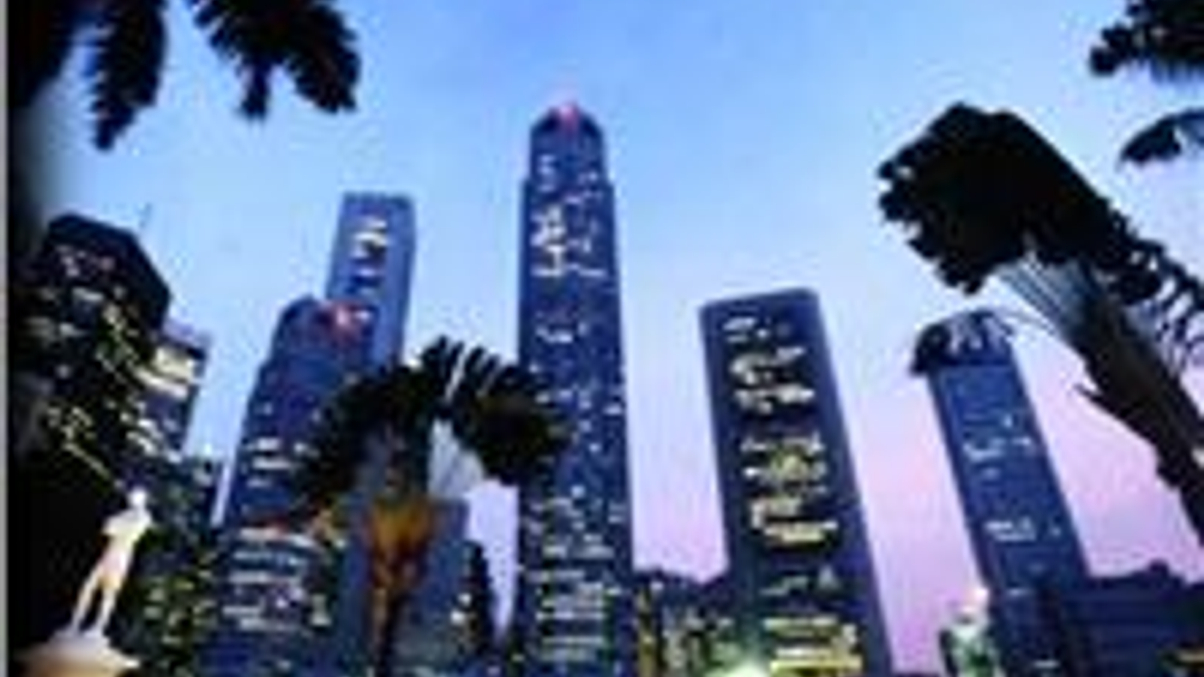Singapore to get Rmb50 billion of RQFII quota
And Chinese fund houses are eyeing opening branches in the Lion City, with some citing a more favourable regulatory environment than Hong Kong's in terms of product approval.

Chinese regulators will make Rmb50 billion ($8.2 billion) in renminbi qualified foreign institutional (RQFII) quota available to financial institutions in Singapore, but have not specified a time frame.
Sign in to read on!
Registered users get 2 free articles in 30 days.
Subscribers have full unlimited access to AsianInvestor
Not signed up? New users get 2 free articles per month, plus a 7-day unlimited free trial.
¬ Haymarket Media Limited. All rights reserved.


